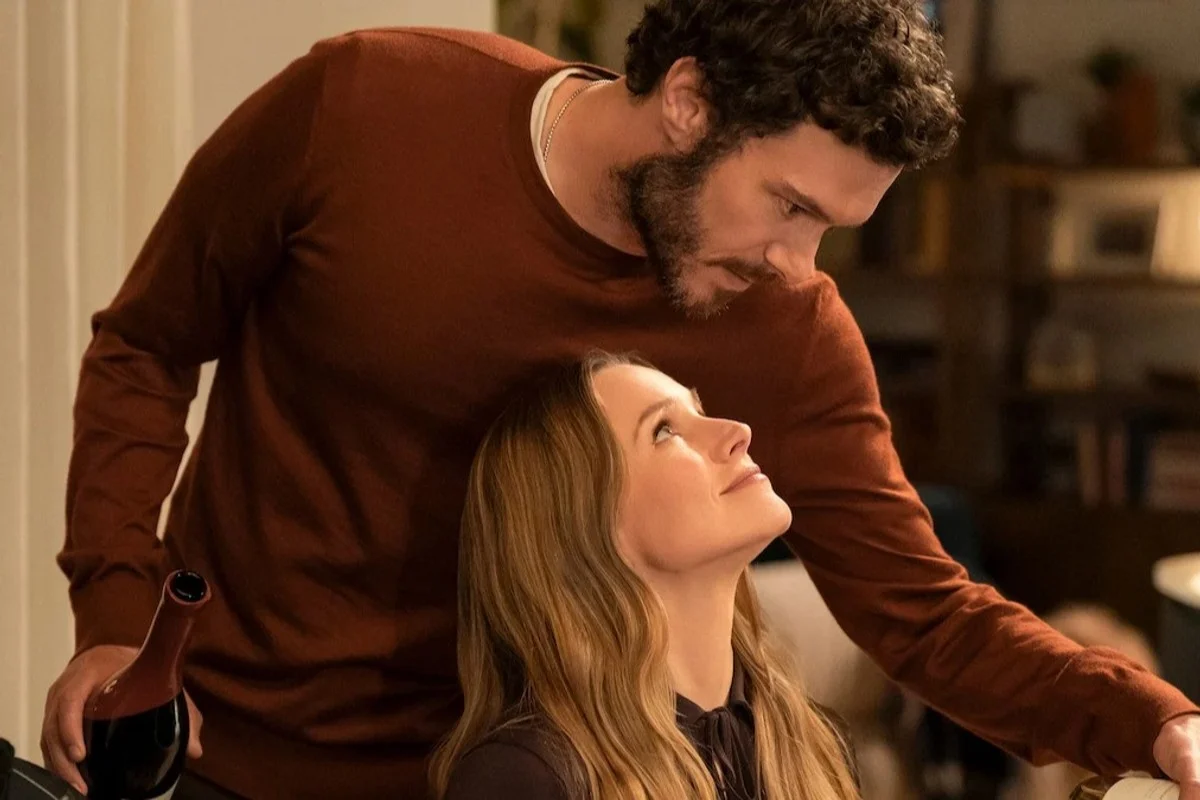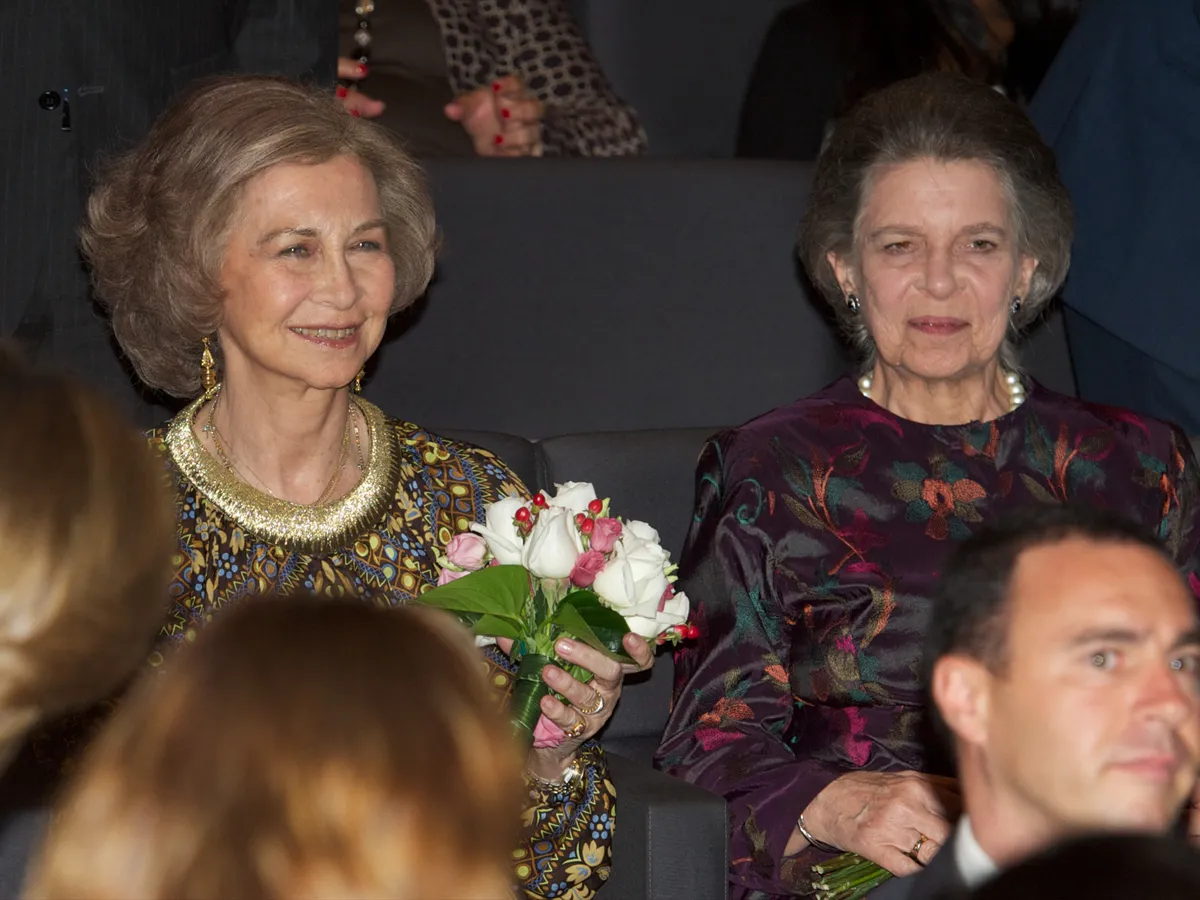Romantic comedies have always been built on tension — the push and pull between love and circumstance, between who we are and who we might become for someone else. Nobody Wants This, now in its second season, takes that tension and turns it into an emotional and comedic balancing act. The show continues to deliver its signature mix of heart, humor, and cultural specificity, but its sophomore outing also reveals how difficult it can be to expand a premise built on romantic resistance into a sustainable long-term story.
A Quick Recap of the Story So Far
The first season introduced audiences to a pair of unlikely lovers: a charming, socially aware podcaster and a mild-mannered rabbi. Their connection was immediate, their chemistry undeniable — but their worlds couldn’t be more different. The series cleverly explored questions of faith, cultural identity, and personal boundaries through a lens of modern humor. It wasn’t just about love; it was about what happens when two people try to build a bridge between fundamentally different belief systems.
Season 1 ended on a hopeful yet uncertain note. The pair had chosen to commit to each other, but without fully resolving the deeper questions that separated them — about family, conversion, and what kind of shared future they could realistically have.
Season 2: The Next Chapter of Complicated Love
Season 2 picks up right where the first left off. The relationship is no longer just a flirtatious spark — it’s real, messy, and filled with all the everyday negotiations of adult love. The couple must now deal with the social and emotional aftershocks of their decision to be together. Family gatherings, community events, and even casual conversations become minefields of expectation and misunderstanding.
The writing remains sharp and deeply observant. The humor often arises from cultural collision — a Shabbat dinner that goes sideways, a podcast episode that reveals a little too much, or a casual comment that spirals into a crisis of faith. It’s a show that understands how modern relationships exist at the intersection of personal freedom and inherited identity.
But what makes Nobody Wants This so effective isn’t just its jokes — it’s the emotional precision. The show doesn’t mock either side of its cultural divide; it treats faith and secularism with equal sincerity, showing that both come with their own blind spots and beauty.
Performances That Carry the Story
The chemistry between the two leads continues to be the show’s strongest weapon. The rabbi is written with humility and quiet conviction — a man of tradition who finds himself drawn to someone who thrives on disruption. His partner, the outspoken podcaster, embodies the modern tension between independence and intimacy. Together, they give the show its heartbeat.
Supporting performances also shine in Season 2. Friends, family members, and colleagues add texture to the story, representing the different ways people navigate love, religion, and community. In fact, some of the best scenes come from secondary characters who challenge the main couple’s worldview, forcing them to reassess their assumptions.
Themes of Identity, Faith, and Modern Love
This season leans more heavily into its thematic core — the question of identity. What does it mean to hold onto one’s roots while embracing love that crosses those boundaries? How do personal beliefs coexist with the messy realities of romance? The series doesn’t offer easy answers, which is precisely why it feels so authentic.
At its best, Nobody Wants This captures the awkward beauty of compromise — not the kind where one person surrenders who they are, but the kind where two people learn to coexist in difference. It’s a refreshing take in an age where most TV romances either glorify perfect compatibility or collapse under the weight of conflict.
The Strengths: Humor and Heart
- Cultural Depth: The series uses faith not as a gimmick, but as a genuine narrative lens. It’s rare to see a show explore Jewish identity, interfaith relationships, and spiritual belonging with such warmth and humor.
- Realistic Dialogue: The conversations sound lived-in, filled with hesitation, irony, and affection — the language of real relationships.
- Emotional Honesty: The show isn’t afraid to linger in uncomfortable moments. Sometimes love feels like negotiation, and the series doesn’t shy away from showing that truth.
- Visual Simplicity: While the show isn’t visually flashy, its understated production style fits its tone. Warm lighting and cozy interiors make the world feel intimate and relatable.
The Weaknesses: A Premise That’s Starting to Strain
As engaging as it is, Season 2 occasionally stumbles under the weight of its own premise. The question of conversion — whether one partner will fully embrace the other’s faith — has been hanging over the story since the beginning. Two seasons in, it’s beginning to feel less like a source of dramatic tension and more like a creative limitation.
The show also struggles with pacing. Some episodes meander without much plot progression, relying too heavily on witty banter to mask repetition. The emotional breakthroughs sometimes feel temporary, as though the writers are reluctant to let the relationship truly evolve.
Still, even when the narrative circles back on itself, the writing remains sharp and self-aware. The show knows it’s about indecision — and perhaps that’s part of its charm. It captures the reality that some relationships thrive not in resolution, but in the constant act of figuring things out.
Why It Still Works
Despite its flaws, Nobody Wants This continues to stand out in the streaming landscape because it takes adult relationships seriously. It doesn’t reduce love to chemistry or banter; it portrays it as a living, breathing commitment that demands patience, vulnerability, and courage. It’s rare to see a rom-com that’s both funny and intellectually curious — and that’s what makes this series special.
The second season also proves that television can be both romantic and reflective without losing its sense of fun. The show finds humor in the everyday — an awkward introduction at synagogue, a dinner party gone wrong, or a viral podcast episode that unintentionally exposes private details. These moments make the story feel grounded, as if it could be unfolding next door.
Final Verdict
Season 2 of Nobody Wants This may not be flawless, but it remains one of the most heartfelt and intelligent romantic comedies currently streaming. It’s a love story for grown-ups — witty, self-aware, occasionally exasperating, but always deeply human.
If the series can find a way to push beyond its central question and let its characters truly evolve, Season 3 could transform it from a charming experiment into something genuinely profound. For now, it remains a beautifully written, occasionally frustrating, and wholly relatable exploration of what it means to love across boundaries — and what happens when love alone might not be enough.
















Leave a Reply